Oct 16,V7N- The recent diplomatic tensions between India and Canada, marked by the expulsion of six diplomats from each side, could provide short-term political benefits for both Indian Prime Minister Narendra Modi and Canadian Prime Minister Justin Trudeau, according to analysts. This tit-for-tat exchange comes amid accusations from Canada linking Indian diplomats to the murder of a Sikh separatist leader and allegations of Indian efforts to target dissidents in Canada.
For Modi, this confrontation could enhance his image as a strong leader on national security, which is particularly useful following a setback in India's June elections when his Bharatiya Janata Party (BJP) lost its majority. Analysts like Harsh Vardhan Shringla, India's former foreign secretary, believe the public will see Modi standing firm against external pressure, boosting his popularity despite his current reliance on regional allies for governance.
In Trudeau's case, the diplomatic row has shifted attention away from internal political challenges, such as discontent within his own party and declining poll numbers ahead of the next national election in 2025. While Trudeau has been criticized domestically, his stance against alleged foreign interference is seen as a positive move in defending Canada's sovereignty. However, political experts, like Cristine de Clercy from Trent University, suggest that any gains for Trudeau will be short-lived, given the more pressing domestic issues he faces.
The Sikh community in Canada, which has significant political influence, has largely supported the expulsions, viewing them as a sign that the Canadian government is holding India accountable. Nonetheless, the long-term political impact of this dispute in both countries remains uncertain, particularly in relation to their respective domestic challenges.
END/WD/RH/



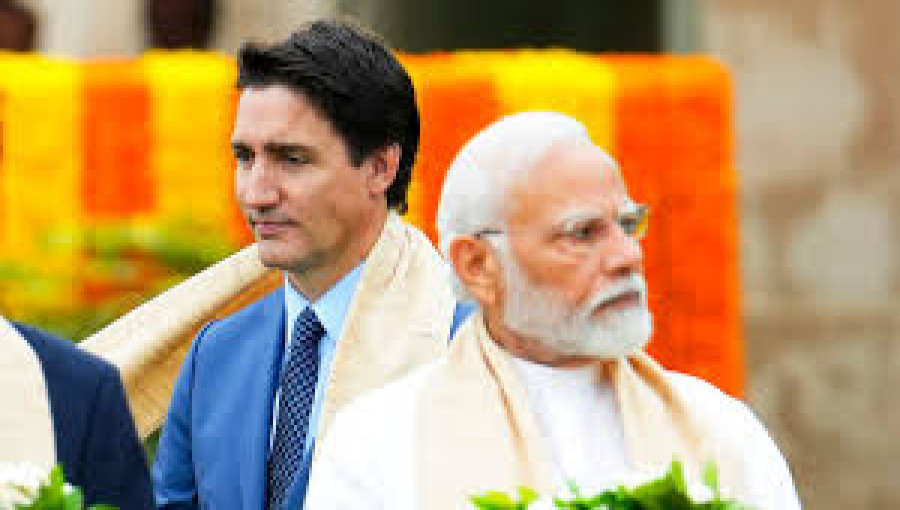

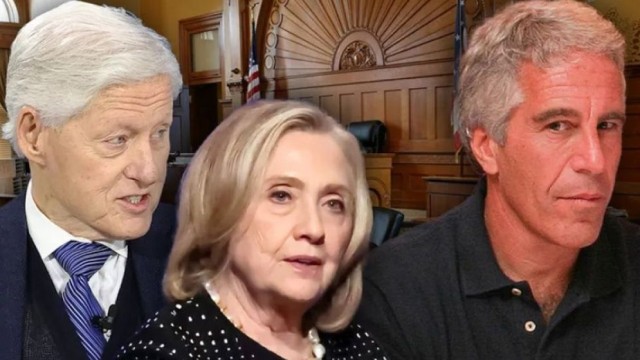
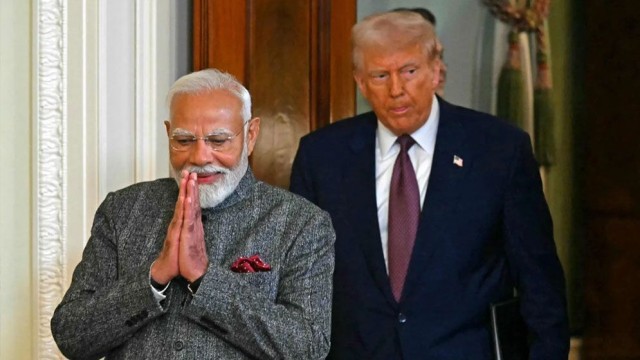
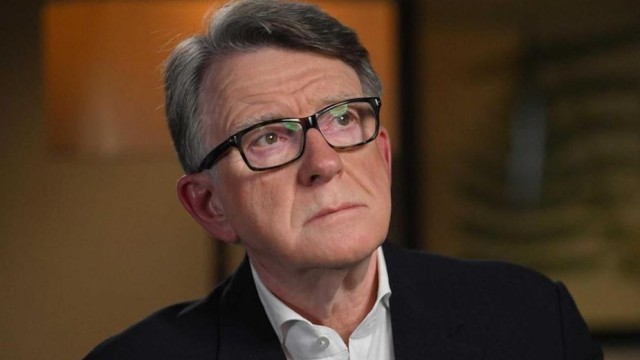

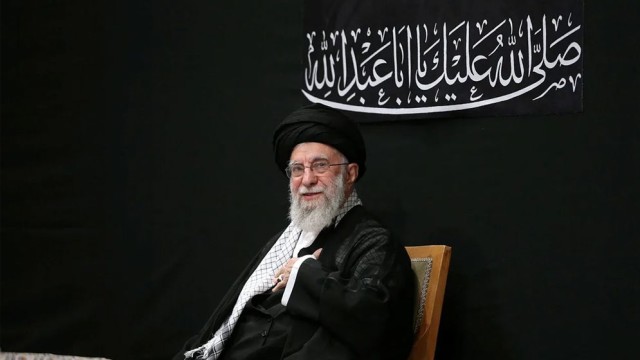
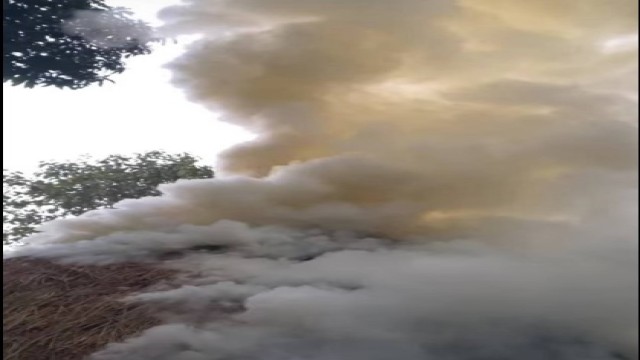
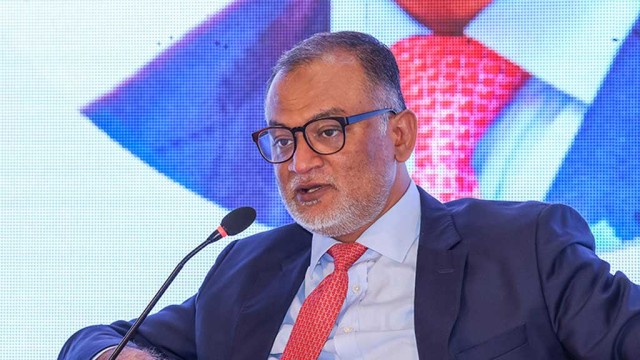



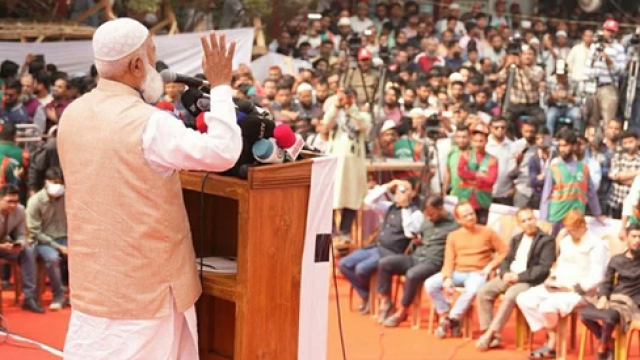

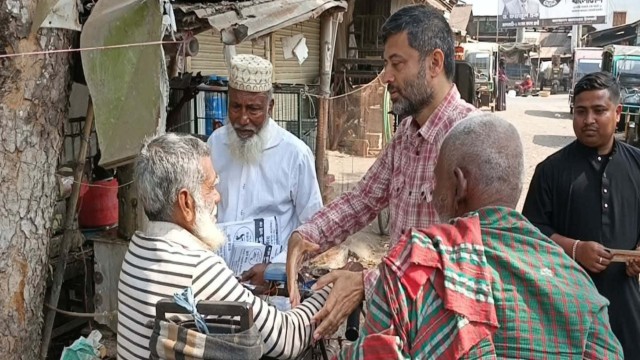
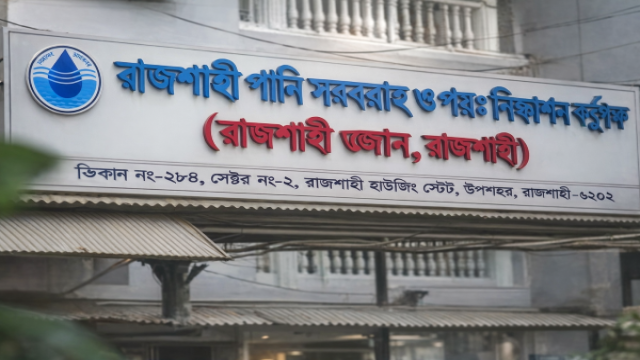
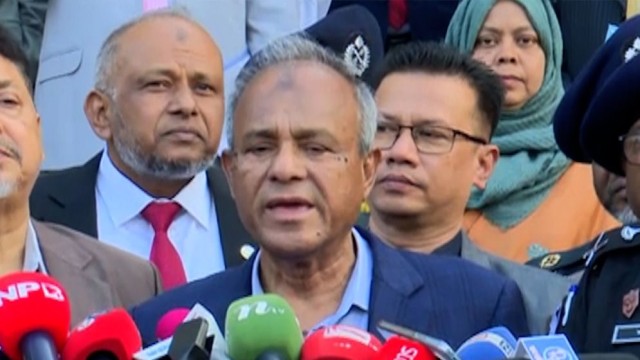











Comment: